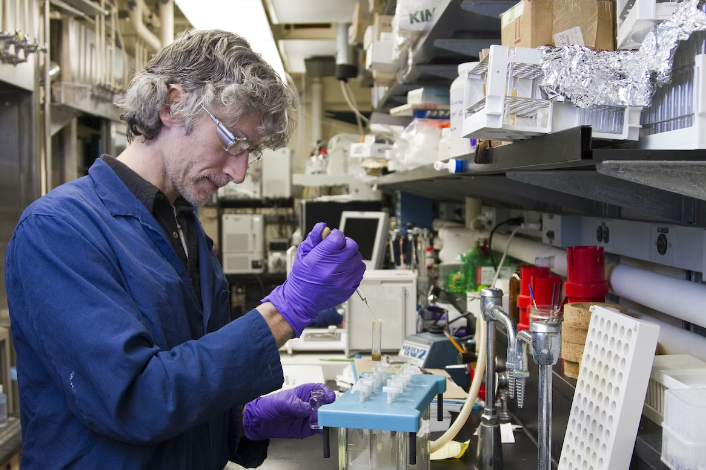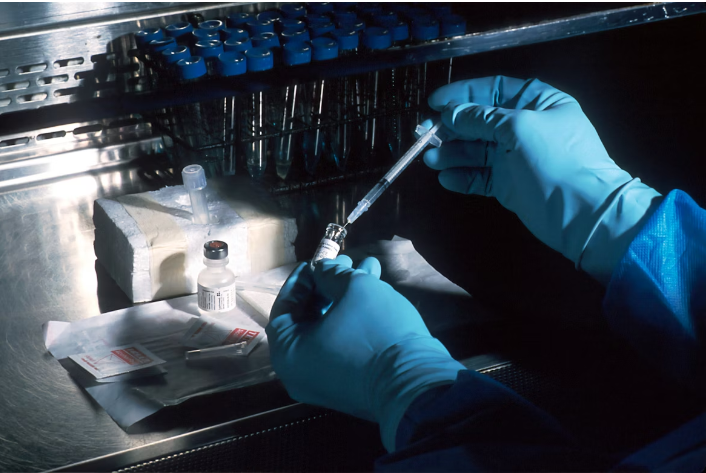Advances in biotech are having a tremendous impact on quality of life. Researchers from across the globe are making efforts to help humanity overcome disease and live healthier, longer, and happier lives, with less suffering.
But what are researchers doing specifically to change people’s lives with biotech? Let’s take a look.
Medical Advancements
Biotech is making new medical advancements possible across the board. For example, gene therapy means that treating genetic disorders is getting easier. Researchers are modifying or changing genes to prevent diseases from occurring in the first place, or correcting them after they start.
Advances in machine learning and data are also enabling personalized medicine. New therapies can be patient-specific, meaning the coding of new genetic information is tailored to the individual, ensuring they receive the proper treatment for their condition.
Cancer treatments are also benefiting from this work. Researchers are gaining new insights into how the disease works and developing treatments that combat it in the lab and in trials.
Drug Development
Drug development researchers are also benefiting from the present advances in biotech. New approaches are enabling the formation and synthesis of new compounds using advanced techniques not available before.
For example, some researchers are developing so-called “biopharmaceuticals.” These are drugs made by living cells, such as bacteria. Scientists are co-opting biological machinery to reduce costs and improve the effectiveness of target compounds.
CRISPR technology is also playing a role by taking a different approach to drug development. Instead of looking for compounds, the technology aims to rewrite the code of life to eliminate disease from the ground up. Researchers believe the technique will initially be effective against congenital diseases, but modifying the genome could help fight chronic diseases and even infections if done in the right way.
The availability of research ingredients, such as NFKB and IL-6, is also helping researchers gain a better understanding of the human immune system, implicated in many diseases. Easy acquisition of basic components is streamlining the research process and enabling even small labs to make breakthroughs.
Anti-Aging Therapies
Another exciting advance in biotech is the development of various anti-aging therapies. These drugs and treatments aim to keep people younger for longer, preventing the development of age-associated diseases.
The impact of this sector could be tremendous. Providing people with an extra fifty years of life would transform the economy and reduce suffering significantly. People would be healthy and productive into their older years, requiring less support.
Supplements are already available, such as hyaluronic acid and fucoidan. In the future, researchers may find other ways to tap into the biology of aging and prevent it from picking up pace during middle age.
Brain Health
Finally, advances in biotech are changing our collective approach to brain health. Brain-machine interfaces could potentially improve treatment for conditions, like depression.
Brain health could also improve with the discovery of new forms of neuropharmacy. These drugs cross the blood-brain barrier and can cause lasting changes that correct the imbalances that lead to disease. These would be significantly more effective than current-generation drugs that simply adjust neurotransmitter ratios.



